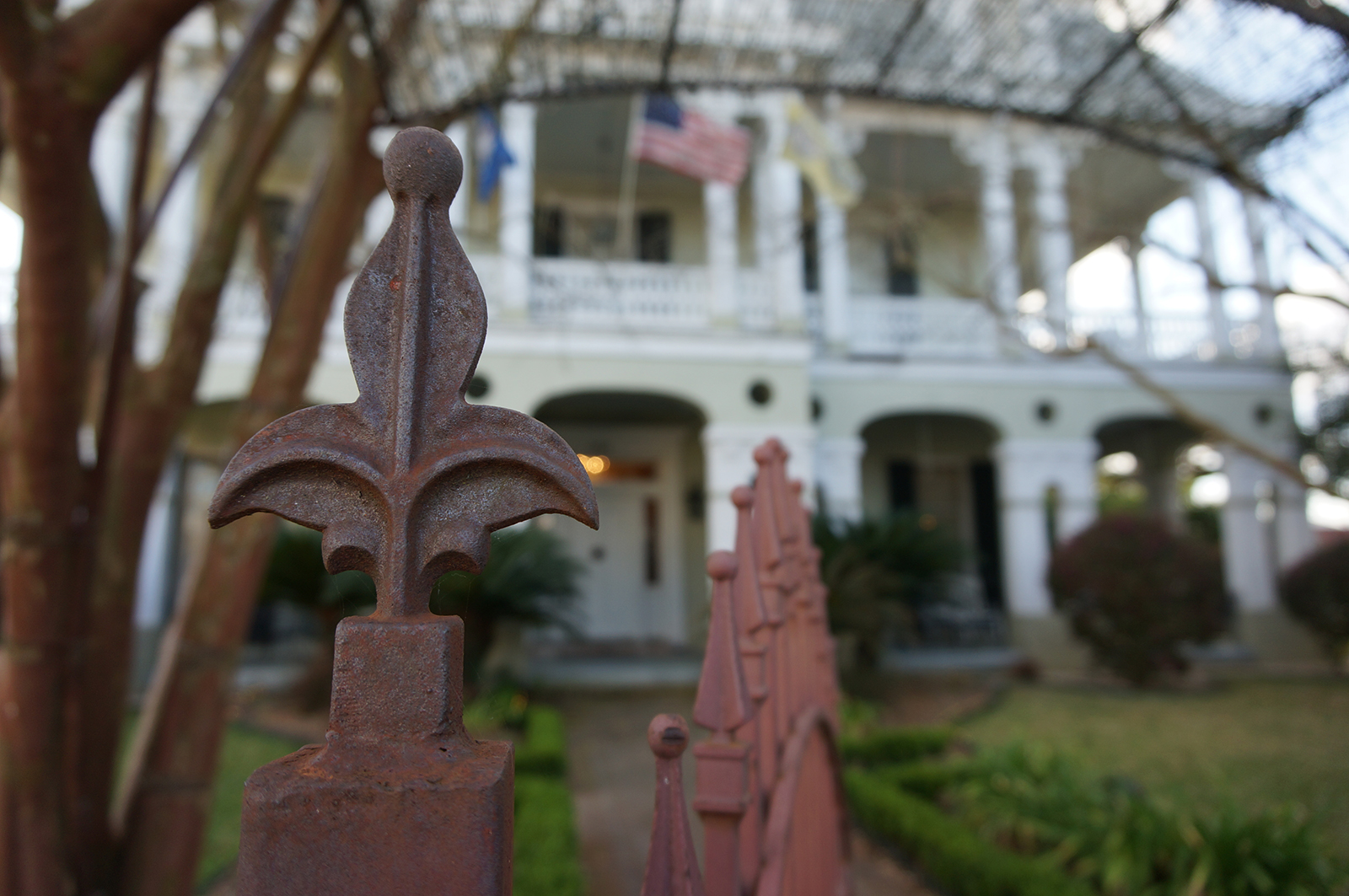
Can perpetuating testimony be res judicata? Apparently so, according to a recent Louisiana First Circuit Court of Appeal decision. In In Re: William Henry Sanders Application for an Order to Perpetuate the Testimony of William Henry Sanders, 2013 CA 0329 (La. App. 1 Cir. 2/10/14), Sanders, 81, sought to perpetuate his testimony (the primary purpose in perpetuating testimony is to preserve testimony that might otherwise be lost to a prospective litigant, generally because of age or ill health) in anticipation of a boundary action he expected to file against the state of Louisiana.
In a 2-1 decision, the court held that because the underlying action he anticipated filing appeared to have been resolved in a prior proceeding, an exception of res judicata was proper. Judge Randy Parro dissented, pointed out that Sanders’ petition was not the boundary action — which could at some point be subject to an exception of res judicata — but merely was an action to perpetuate his testimony. According to Judge Parro, the trial court prematurely reached the issue of res judicata since the anticipated boundary action had yet to be filed.Moreover, Judge Parro wrote, the trial court erred in not allowing Sanders to proffer his testimony under La. C.C.P. art. 1636, which is mandatory in permitting a party to make a statement setting forth the nature of the evidence.

